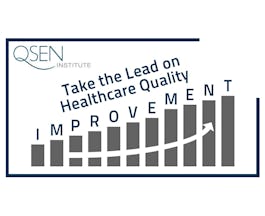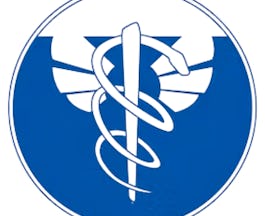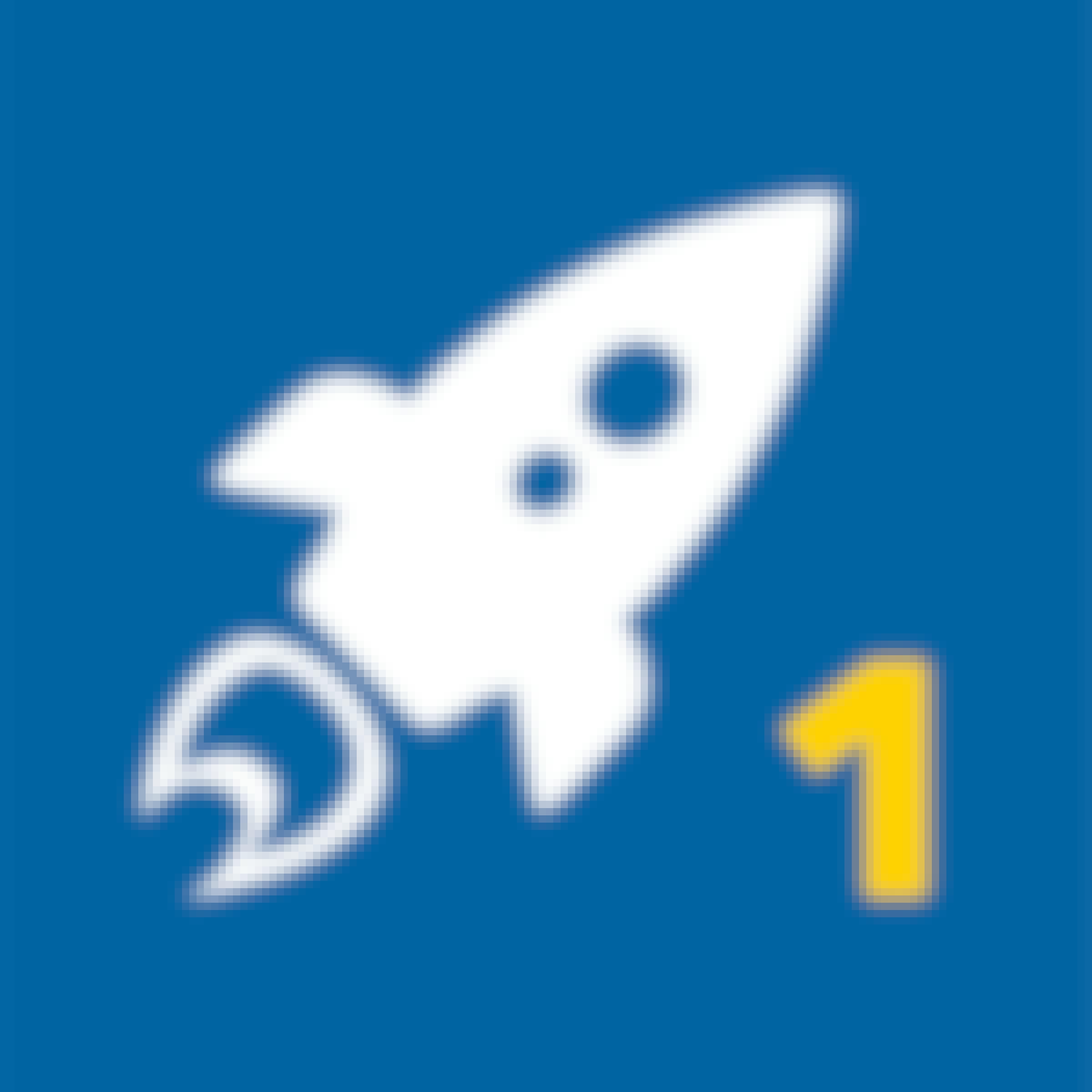Filter by
The language used throughout the course, in both instruction and assessments.
673 results for "medicine"

Case Western Reserve University

Yonsei University
Skills you'll gain: Customer Analysis, Leadership and Management, Marketing, Marketing Management, Operations Management, Strategy, Customer Relationship Management, Market Analysis, Performance Management, Strategy and Operations

University of California San Diego
 Status: Free
Status: FreeAmerican Museum of Natural History

University of Colorado System
Skills you'll gain: Leadership and Management

ISAE-SUPAERO

Johns Hopkins University
Skills you'll gain: Human Resources, Talent Management, Organizational Development, People Management, Strategy and Operations, Leadership and Management, Communication, Data Management

Technion - Israel Institute of Technology

Icahn School of Medicine at Mount Sinai

Technical University of Munich (TUM)

University of California, Irvine
Skills you'll gain: Leadership and Management, Project Management, Communication

Johns Hopkins University
Skills you'll gain: Bioinformatics, Computer Programming, Data Analysis, Python Programming, Computational Thinking, General Statistics, Exploratory Data Analysis, R Programming, Data Analysis Software, Algorithms, Computer Programming Tools, Biostatistics, Statistical Analysis, Programming Principles, Probability & Statistics, Statistical Tests, Data Structures, Operating Systems, Research and Design, Big Data, Computational Logic, Problem Solving, Statistical Programming, Experiment, Correlation And Dependence
In summary, here are 10 of our most popular medicine courses
- Take the Lead on Healthcare Quality Improvement: Case Western Reserve University
- International Hospitality & Healthcare Services Marketing: Yonsei University
- Drug Commercialization: University of California San Diego
- Genetics and Society: A Course for Educators: American Museum of Natural History
- Trauma Emergencies and Care: University of Colorado System
- Flight mechanics - Propulsive balance and energy: ISAE-SUPAERO
- Building a Data Science Team: Johns Hopkins University
- Traditional herbal medicine in supportive cancer care: From alternative to integrative: Technion - Israel Institute of Technology
- Transgender Medicine for General Medical Providers: Icahn School of Medicine at Mount Sinai
- Space Safety: Technical University of Munich (TUM)










